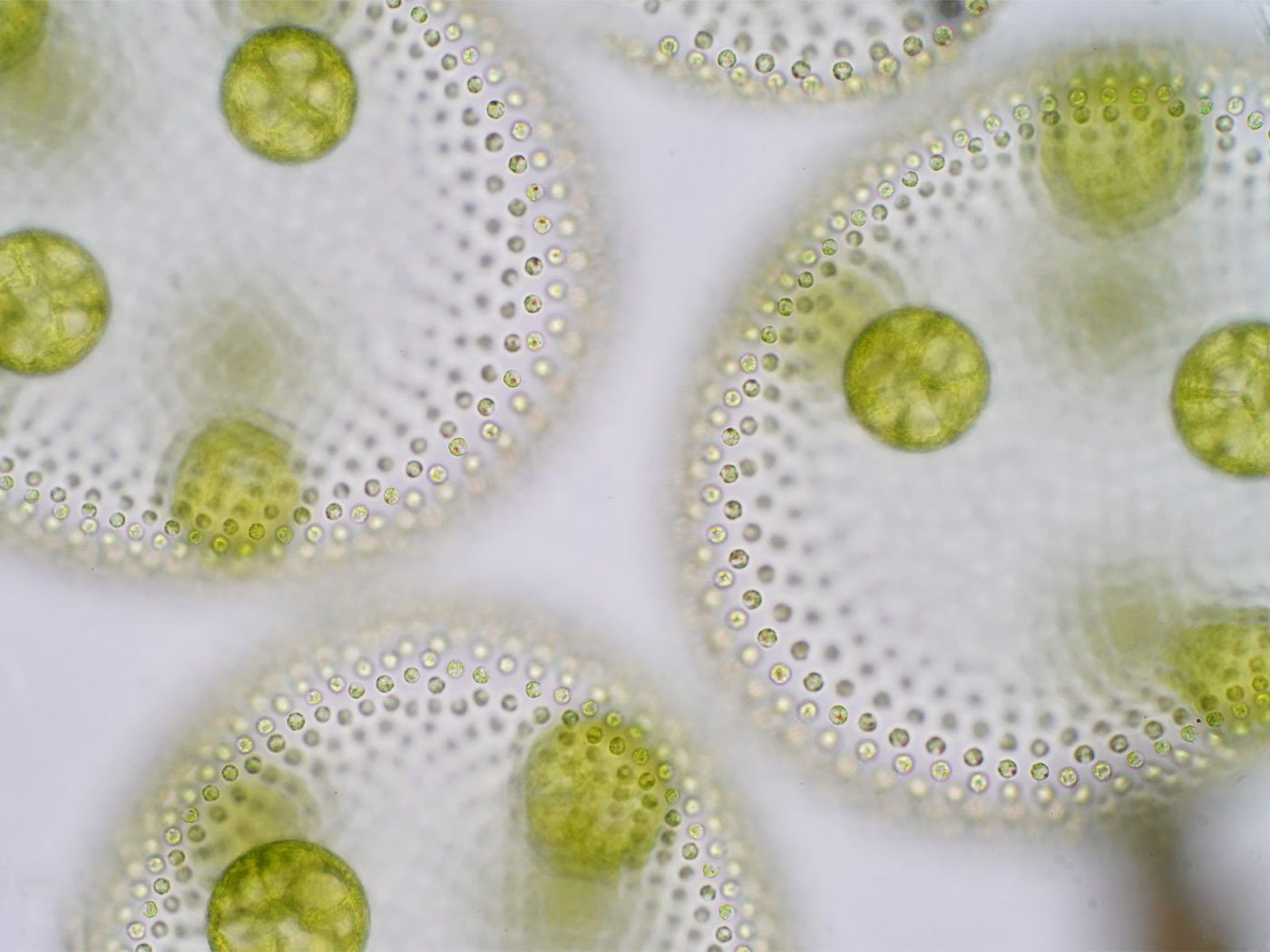Search Tools
New Defender's Study Bible Notes
21:1 as he has said. Despite their age–Abraham was one hundred and Sarah was ninety (Genesis 17:17)–God miraculously fulfilled His promise, made twenty-five years earlier (Genesis 12:4,7), to give them a son. Furthermore, the promise was fulfilled at the “time appointed” He had promised (Genesis 18:14).
21:4 eight days old. The act of circumcision was not only the sign of the Abrahamic covenant (see note on Genesis 17:11), but was also a significant contribution to health, of both husband and wife, as modern medical knowledge confirms. It is also well established that, as far as the health of the infant is concerned, the eighth day is the optimum time for performing the operation.
21:7 his old age. When God heals miraculously, he does it instantly and completely. Sarah’s body was so rejuvenated that although she was ninety years old, she was able both to bear a child and even to nurse him. Abraham was so “young” again that even at one hundred years of age he could later father six more sons of Keturah many years later, after Sarah’s death.
21:11 very grievous. Sarah’s insistence that Hagar and Ishmael be cast out was very grievous to Abraham, not only because of his personal concern for them, but because it was expected of a man in those days (according to the Nuzi tablets) to provide support for a surrogate wife and her children, even if the true wife should later be able to have a child of her own. The latter would legally be the heir, but the former would still be considered in the family.
21:14 bottle of water. This provision, considering his sincere concern for Hagar and Ishmael, can best be understood as a sure confidence that God, who had instructed him to send them away, would care for them. Hagar also needed to learn this.
21:17 the lad. Ishmael, who was now about sixteen years old, and his mother were praying. He perhaps had given her his own bread and water to sustain her in the desert.
21:17 angel of God. The “angel of God [Elohim]” had before been called the “angel of the LORD [Jehovah]” (Genesis 16:7). Previously, Hagar was under the Abrahamic covenant while still in Abraham’s household. Now she was on her own and the divine being is identified by His majestic name instead of His redemptive name.
21:31 Beer-sheba. “Beer-sheba” means both “well of the oath” and “well of the seven.” Even though it was on land claimed by the Philistines, it was commonly understood at the time that the man who dug a well was its owner.
21:33 everlasting God. This is the first time this particular name of God is used (“Jehovah, El Olam,” meaning “Jehovah is the eternal God”). Abraham realized that, though he had made a covenant with a temporal king, he was really the recipient of the covenant promises of an eternal king. He had granted Abimelech tentative possession of a portion of the promised land, but Jehovah’s covenant promised his own seed its eternal possession.
21:34 many days. As far as the record goes, Abraham had never returned from “sojourning” (note Genesis 21:23) in the land of the Philistines since the time he and Sarah had moved there before Isaac was born (Genesis 20:1) and Abimelech had granted him freedom to dwell anywhere in his land (Genesis 20:15).




